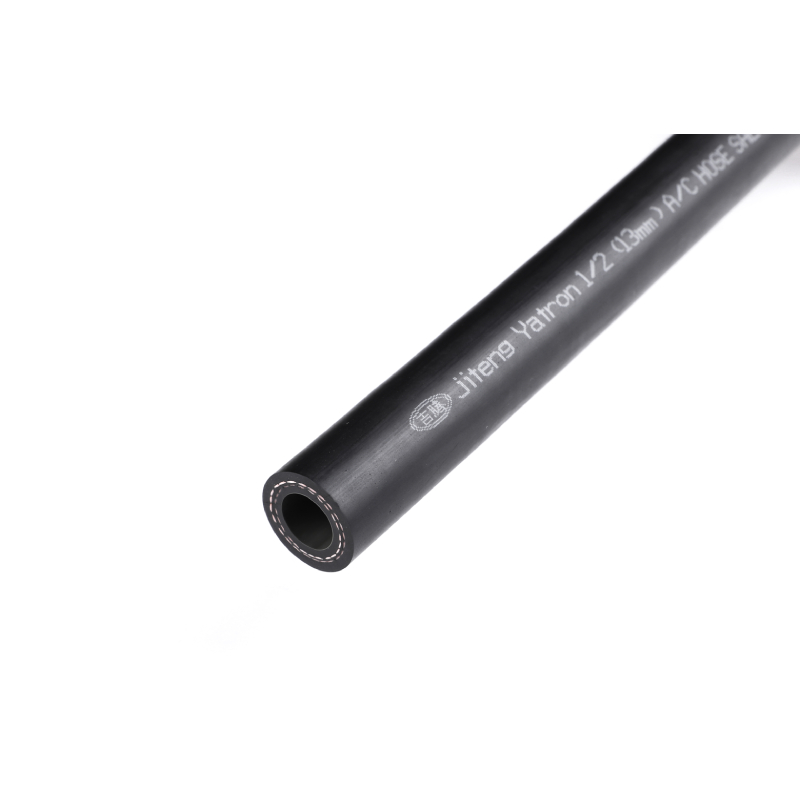gasoline fuel hose
ធ្នូ . 01, 2024 04:17 Back to list
gasoline fuel hose
The Importance of Gasoline Fuel Hoses A Guide to Safety and Efficiency
Gasoline fuel hoses are a crucial component in the transportation and storage of fuel. These hoses are specifically engineered to withstand the harsh conditions of transporting gasoline and other petroleum products. Understanding their importance, construction, maintenance, and the safety practices associated with their use is essential for both consumers and industries dealing with fuel.
First and foremost, gasoline fuel hoses are designed to handle the unique properties of gasoline. Unlike ordinary hoses, they are built from specialized materials that can resist degradation from gasoline and maintain flexibility and strength under various temperature and pressure conditions. Common materials used in the construction of these hoses include rubber, polyurethane, and PVC. The durability of these materials ensures that the hoses have a long life span, which is crucial in minimizing costs and ensuring a consistent supply of fuel.
In addition to their physical properties, gasoline fuel hoses often come equipped with various features that enhance their safety and usability. Many hoses are designed with reinforcement layers for added strength, while some are equipped with anti-static properties to reduce the risk of sparks that could ignite gasoline vapors. Additionally, fuel hoses are often equipped with quick connect fittings that facilitate easy attachment and detachment, improving the efficiency of fuel transfer processes.
gasoline fuel hose

Despite their robust construction, regular maintenance of gasoline fuel hoses cannot be overlooked. Over time, exposure to sunlight, heat, and chemicals can lead to wear and degradation. It is vital to periodically inspect hoses for signs of cracking, bulging, or leaks. A small pinhole can lead to significant fuel loss and pose serious safety risks, including fire hazards. Replacing hoses at the first sign of wear is an essential practice for ensuring safety and efficiency.
Moreover, consumers and businesses must follow best practices when handling gasoline fuel hoses. This includes ensuring that they are used in well-ventilated areas to prevent the accumulation of flammable vapors. Additionally, personnel should be trained in safely connecting and disconnecting hoses to reduce the likelihood of spills. Using proper safety gear, such as gloves and goggles, can further mitigate risks associated with handling gasoline.
Environmental considerations are also paramount when it comes to gasoline fuel hoses. Spills from faulty hoses can have devastating effects on wildlife and local ecosystems. It is therefore essential to dispose of damaged hoses properly and replace them with environmentally friendly alternatives where possible. Some manufacturers are developing hoses made from recycled materials, which can help companies meet sustainability goals.
In conclusion, gasoline fuel hoses play an indispensable role in the safe transportation and storage of fuel. Their specialized construction, coupled with proper maintenance and safety practices, ensures that they perform effectively while minimizing risks. As industries strive for efficiency and environmental responsibility, it is crucial to pay attention to the condition and handling of these essential components. By prioritizing safety and maintenance, businesses can protect both their employees and the environment while ensuring a steady and safe supply of gasoline.
